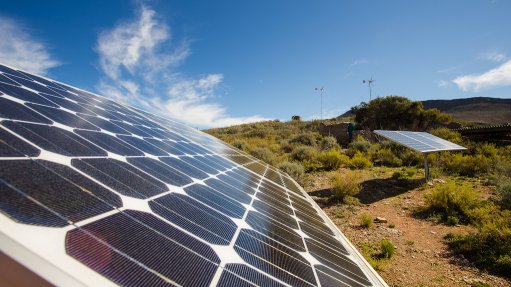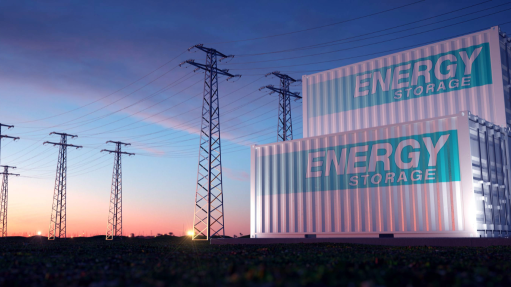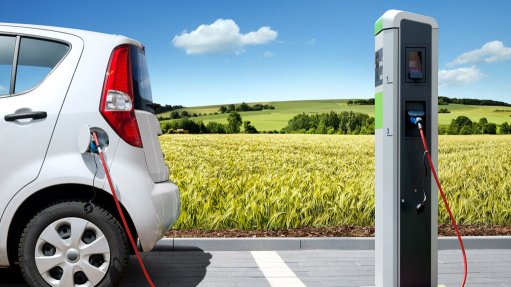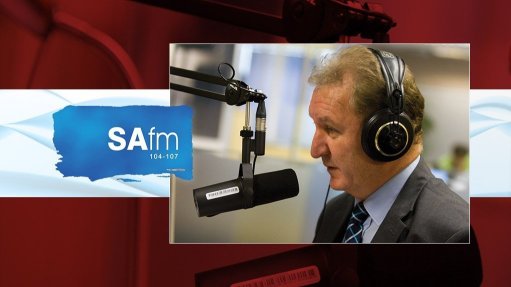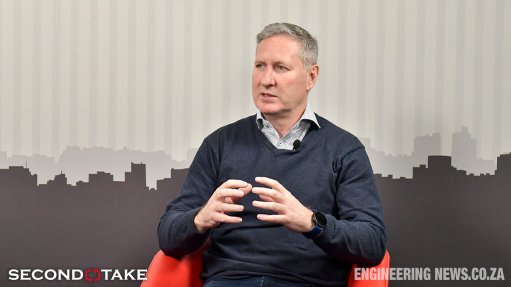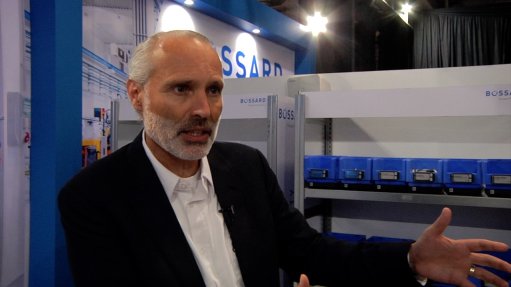Petrol price increase poses risks to other industries
South Africa’s food security is in the spotlight, with current weather conditions posing enough of a threat to farmers to cause a potential yield loss of their crops, following the heatwaves and sparse rainfall in February.
Moreover, the recently announced petrol price increase also poses financial challenges for farmers and could considerably impact on the country’s food security.
Agricultural Business Chamber of South Africa chief economist Wandile Sihlobo explains that weather conditions in various areas, where significant summer grains such as maize, sunflower seed, and soybeans are in the pollination stages, are not optimal, and should ideally have higher moisture levels during this stage to boost yields.
This means there is a real possibility that this could lead to South Africa’s farmers producing fewer summer grains than previously expected, which poses a threat to the country’s food production, he warns.
Sihlobo emphasises that rainfall over the next few weeks is crucial to ensuring a better agricultural harvest.
“This is not the time to announce another steep hike in the petrol price,’’ Debt Rescue CEO Neil Roets asserts.
“Petrol price increases don’t just hurt motorists who need to fill up their vehicles, they have a devastating effect on the country’s food supply. Our farmers, on whom we rely for the food we put on our tables, are hit very hard financially by each hike in the price of petrol and diesel. The farming industry relies predominantly on diesel – not only to run their tractors and lorries, but also their machinery,” he explains.
On March 4, the Department of Mineral Resources and Energy announced a second consecutive increase in the price of both 93 and 95 unleaded petrol (ULP) and a considerable hike in diesel prices, as of March 6.
Despite the small positive movement during the latter months of 2023, the March fuel price hike will send petrol prices back over R24 a litre (95 ULP) and reverse much of the relief provided through price drops since November 2023, Debt Rescue outlines.
The price of unleaded petrol – both grades – will rise by R1.21 per litre, bringing 95 ULP up to R24.45, while 93 ULP will reach R24.13 a litre. Diesel will increase by between R1.05 and R1.19 a litre.
A small positive for consumers is that the two main levies on fuel – the General Fuel Levy and the Road Accident Fund Levy – will not increase for the third consecutive year, the company mentions.
“These levies are traditionally increased in February and implemented in April, but the Minister of Finance heeded calls by the Automobile Association and in his February Budget Speech indicated this will not happen again this year. Though not a saving as such, any increases would have added additional pressure to fuel prices, and we again welcome his decision not to increase these rates for 2024,” the Automobile Association has said.
“The latest petrol price hike will place a heavy burden on our farmers and other role-players in the agricultural sector, potentially plunging the country into a food security crisis that will not only impact on supplies, but also inevitably hit the pockets of South African citizens hard. The burning question is, can consumers survive another petrol price hike?” Roets questions.
Some economists have postulated that a steep increase in the fuel price could have a considerable impact on inflation.
Efficient Group chief economist Dawie Roodt says the increase comes at a time when the economy is not growing, and consumers are suffering.
“The poor will be affected heavily by this. The rand is under a lot of pressure and is much weaker than it was a month ago and this is one of the major reasons for the fuel price increase,” he explains.
“Consumers are buckling under the highest interest rates the country has seen in more than a decade, increasing levels of debt and eroding disposable incomes, while salaries cannot keep up with inflation. A real sense of hopelessness now pervades among desperate consumers who are sliding deeper and deeper into debt to keep their families afloat,” Roets points out.
Meanwhile, in a separate statement, the South African Petroleum Retailers Association (Sapra) warns that the surge in average international product prices for petrol, diesel and illuminating paraffin, coupled with a depreciation of the rand against the US dollar has far-reaching macro and micro economic impacts.
Sapra vice chairperson Lebo Ramolahloane explains that, with the average rand:dollar exchange rate for the period from February 2 to 29 increasing to R19.0186, compared with the previous period’s R18.7655, there is a considerable impact on basic fuel prices.
He says intensified inflationary pressures stemming from elevated fuel prices may necessitate careful consideration by policymakers, positing that the potential ripple effect on consumer spending, driven by increased costs of goods and services, could influence monetary policy decisions aimed at maintaining stability in the broader economy.
Ramolahloane says that, at a microeconomic level, businesses and households will also be confronted with a more acute impact from this coming increase.
“The increase in fuel prices directly translates into higher operational costs for businesses, particularly those reliant on transportation and logistics. For consumers, the surge in fuel prices amplifies the pressure on already strained household budgets,” he avers.
Industries dependent on fuel, such as agriculture and manufacturing, are also likely to experience heightened production costs, which can have implications for employment and overall economic activity, as alluded to earlier.
Ramolahloane warns that small, medium-sized and microenterprises, already navigating a challenging economic landscape, may find themselves compelled to make adjustments to accommodate these elevated operational costs.
“We need government interventions, coupled with collaborative efforts from stakeholders, to mitigate the impact on businesses and households to ensure a more balanced economic response,” he emphasises.
Comments
Announcements
What's On
Subscribe to improve your user experience...
Option 1 (equivalent of R125 a month):
Receive a weekly copy of Creamer Media's Engineering News & Mining Weekly magazine
(print copy for those in South Africa and e-magazine for those outside of South Africa)
Receive daily email newsletters
Access to full search results
Access archive of magazine back copies
Access to Projects in Progress
Access to ONE Research Report of your choice in PDF format
Option 2 (equivalent of R375 a month):
All benefits from Option 1
PLUS
Access to Creamer Media's Research Channel Africa for ALL Research Reports, in PDF format, on various industrial and mining sectors
including Electricity; Water; Energy Transition; Hydrogen; Roads, Rail and Ports; Coal; Gold; Platinum; Battery Metals; etc.
Already a subscriber?
Forgotten your password?
Receive weekly copy of Creamer Media's Engineering News & Mining Weekly magazine (print copy for those in South Africa and e-magazine for those outside of South Africa)
➕
Recieve daily email newsletters
➕
Access to full search results
➕
Access archive of magazine back copies
➕
Access to Projects in Progress
➕
Access to ONE Research Report of your choice in PDF format
RESEARCH CHANNEL AFRICA
R4500 (equivalent of R375 a month)
SUBSCRIBEAll benefits from Option 1
➕
Access to Creamer Media's Research Channel Africa for ALL Research Reports on various industrial and mining sectors, in PDF format, including on:
Electricity
➕
Water
➕
Energy Transition
➕
Hydrogen
➕
Roads, Rail and Ports
➕
Coal
➕
Gold
➕
Platinum
➕
Battery Metals
➕
etc.
Receive all benefits from Option 1 or Option 2 delivered to numerous people at your company
➕
Multiple User names and Passwords for simultaneous log-ins
➕
Intranet integration access to all in your organisation









